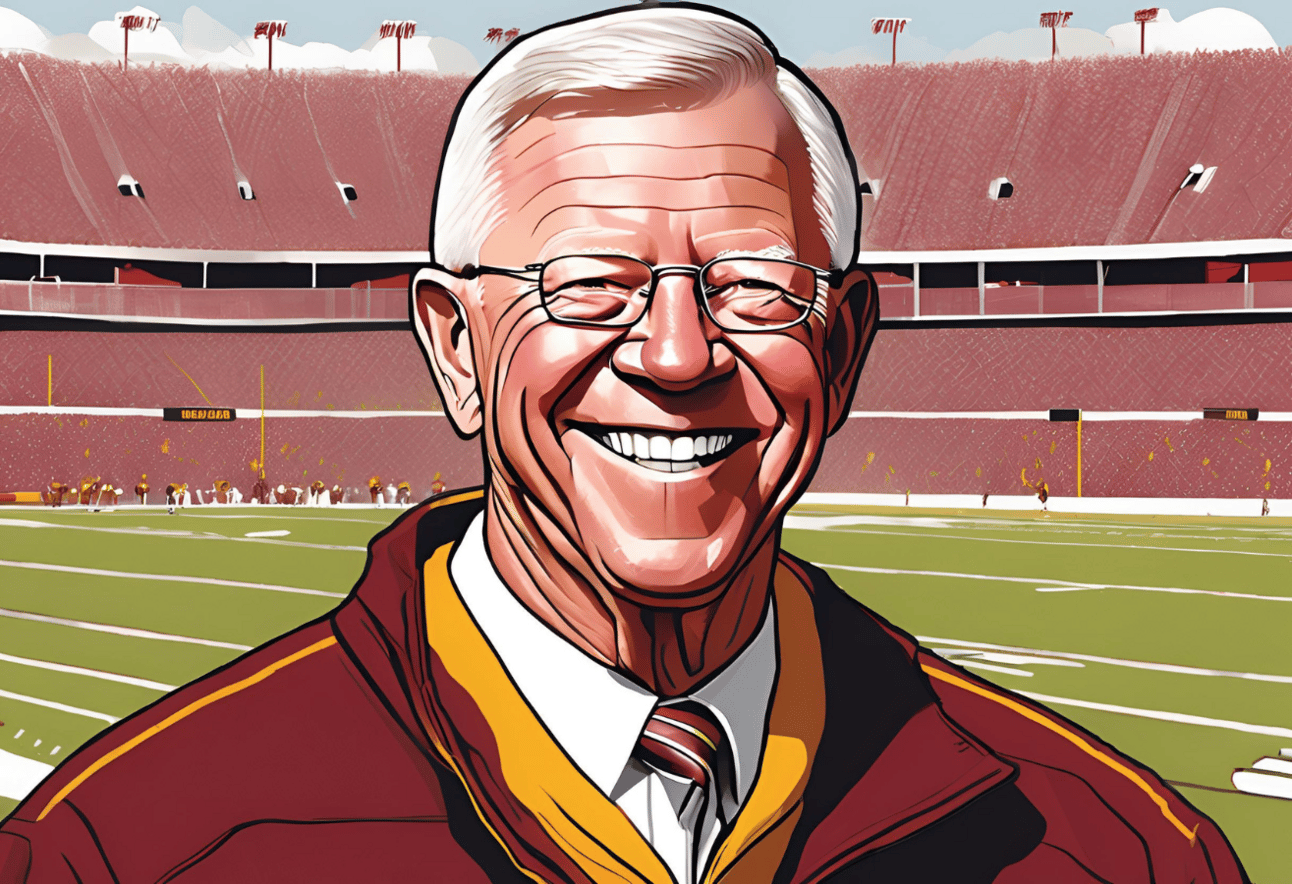- Coach Craft
- Posts
- Unhealthy Choices
Unhealthy Choices
Why Joe Gibbs warns against the hustle mindset

Joe Gibbs has won 3 Super Bowls and 5 NASCAR Cup championships.
He’s in the Pro Football Hall of Fame and the NASCAR Hall of Fame.
And at age 84 he’s still going.
When asked how he’s managed to achieve such enduring success, Gibbs says, “I follow a good game plan.” But that wasn’t always the case.
In his book Racing to Win, Gibbs passes on his cornerstones for success in six areas of life: career, finances, teams, relationships, values, and health.
Gibbs believes that you need to be disciplined in all six facets in order to live a fulfilled life, but it is his health that he has neglected the most.
He writes, “For close to fifty years, I lived by the adage ‘Work like a horse, eat like a horse, and look like a horse.’ My eating and sleeping habits were horrendous. I thought I could work like a maniac and catch up on my rest later.”
In particular, Gibbs lived the NFL coach lifestyle — he kept his coaches in the office until 2am most nights, convinced that 3 hours sleep was sufficient.
He describes his fitness regime as “binge-exercise,” which is code for not doing anything during the season.
One of his assistant coaches was known for making a run to the store every night to buy sweets. “He’d bring back ice cream, cake, pies, and all sorts of candy. Instead of drinking coffee to keep me going, I downed many a half-pound chocolate bar, usually around midnight,” Gibbs says.
This continued until, nearing his 50th birthday, he began experiencing painful tingles all over his body. “The combination of constant stress, poor diet, three or four hours of sleep per night, and lots of sweets was taking a toll on my body,” he admits.
After months of tests, Gibbs was diagnosed with diabetes.
“I would have to give myself injections of insulin every day for the rest of my life. Diabetes was a direct result of bad choices I had made over a prolonged period of time,” he writes.
Reflectively, Gibbs points to some of the consequences of being negligent towards your body:
“If you become disabled at an early age due to an undisciplined approach to life, you are likely to become a liability to your spouse and children, such as being unable to make a living.”
“Your ability to play with your children and grandchildren is compromised.”
“Your level of sexual intimacy may be adversely affected if you fail to adequately care for your body.”
“Could I have been as successful in my occupation without compromising my health? I believe I could have been and should have been!” he writes.
However, he says he was struck with the typical fear that drives most head coaches to obsessive behaviour: I can’t goof up this career, so I better give it everything I’ve got.
“If I had it to do all over again,” Gibbs says, “I would find a way to work hard yet maintain a better balance with the other areas of my life.”
He even shares his plan for how he’d achieve greater balance:
“I would delegate authority more than I did, allowing other people to take on more responsibility so I’d have more time to rest.”
“I would change my eating habits, avoiding the high-sugar, fatty foods, and large doses of caffeine.”
“I would commit to a more balanced diet.”
“I would commit to a more regular exercise program, much as I have today, working out three or four times each week.”
Much of the workaholism in coaching is fuelled by a belief that you’re looking after your family, but if you neglect your health they are going to end up looking after you.
Joe Gibbs had a close shave. He’s probably lucky to have only ended up with diabetes. But you don’t have to cut it that close. If you can’t make a change for yourself, consider making a change for your family.
“If you love your family and friends, you owe it to them to take better care of yourself!” Gibbs offers in closing.